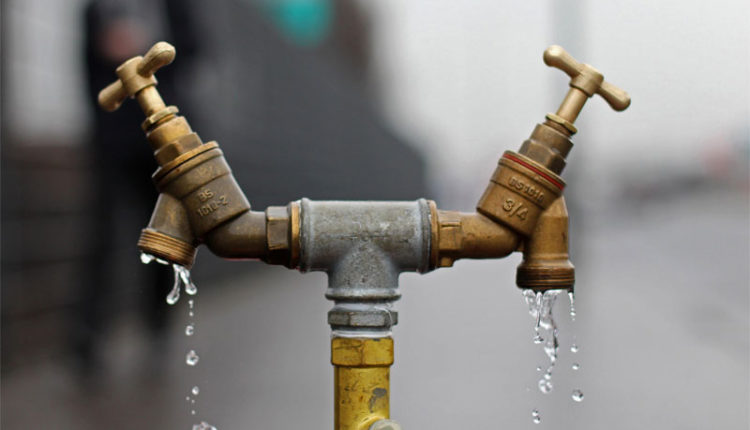Gov’t to provide potable water to five million more Ghanaians by 2024
Madam Cecilia Abena Dapaah, the Minister of Sanitation and Water Resources (MSWR), says the Government is committed to providing potable water to five million more Ghanaians by the year 2024.
According to the Sector Minister, the recent 2020 Afrobarometer report and the 2021 Population and Housing Census on water and sanitation point to encouraging improvement in the country’s Water, Sanitation and Hygiene (WASH) sector.
Madam Daapah indicated that the government had invested over one billion dollars into the water sector in both urban and rural settlements which demonstrated the government‘s commitment to the provision of potable water.
She said this at the Executive Breakfast Conversation organised by World Vision Ghana in collaboration with MSWR designed to take stock and propose practical ways of supporting the accelerated delivery of safe drinking water and improved environmental sanitation in Ghana.
The Executive Breakfast Conversation was themed: ”Unlocking Ghana’s Safe Drinking Water and Environmental Sanitation Puzzle’’.
Madam Dapaah noted that the theme of the meeting was a reminder that despite the various initiatives by the Government to improve the provision of potable water and sanitation there was still a lot more to be done.
She however noted that there had been tremendous progress towards the delivery of universal WASH services in Ghana since 2017 and had not witnessed an outbreak of Cholera and Dysentery.
”The issue of safe drinking water and environmental sanitation were top priorities in government development strategy and we believe the provision of safe water and improved sanitation is fundamental to maternal and child health, poverty reduction, quality education and socio-economic well-being.
”Indeed all strategies for growth and sustainable development must put the need for safe water and improved sanitation first on the list,” she said.
Madam Dapaah further noted that the Government had introduced some initiatives including the launch of the National Sanitation Campaign, the introduction of the Sanitation and Pollution Levy, the setting up Solid and Liquid waste and the process of the establishment of the National Sanitation Authority.
These programmes, she said, were all geared towards creating an enabling environment to close the gap and strengthen the regulatory framework to ensure the delivery of sustainable water and sanitation services.
Mr Dickens Thunde, the National Director at World Vision Ghana, said the challenges in the water and sanitation sector had to be addressed and solutions provided in achieving SDG Goal Six which stressed the need for the availability and sustainable management of water and sanitation for all by 2030.
He commended governments for their several initiatives and interventions targeted at facilitating access to sustainable WASH services.
Mr Thunde noted that there was enormous capacity in the sector to achieve more hence the need to organise such workshops to identify the gaps and design appropriate remedies to tighten all loose ends.
”We are convinced that nothing can be more important to a child’s wellbeing than access to safe water, improved sanitation and hygiene. We will continue to work for increased prioritization and investments for the sustainable WASH services delivery.
”We particularly want to encourage government, development partners and other stakeholders to pay special attention to the WASH situation in schools and health facilities. This is necessary for creating a conducive environment for quality education and healthcare,” he said.


